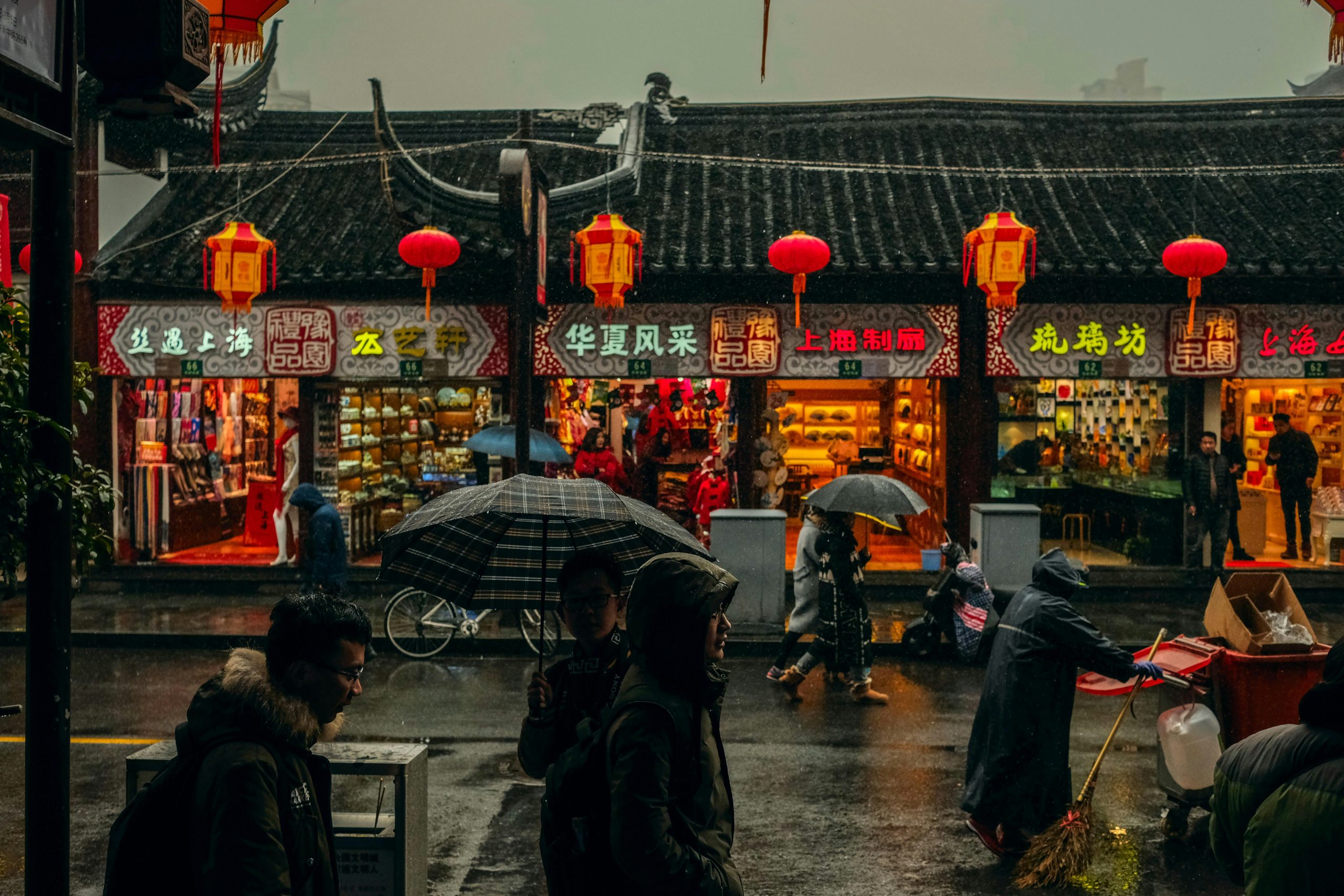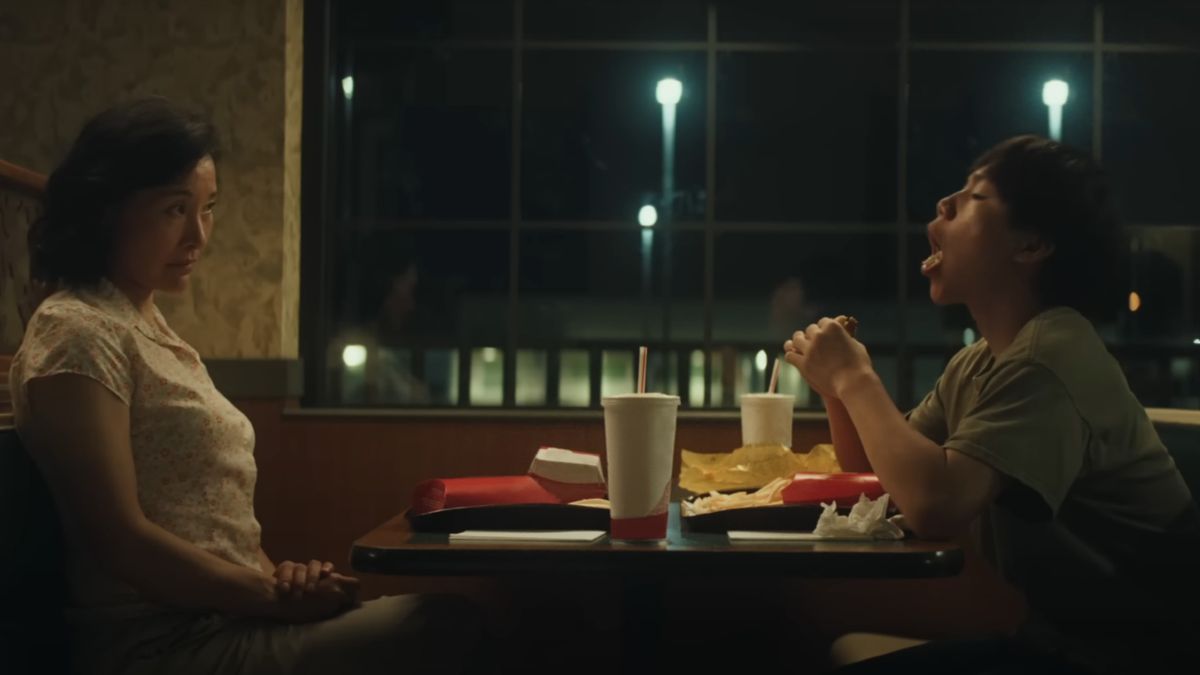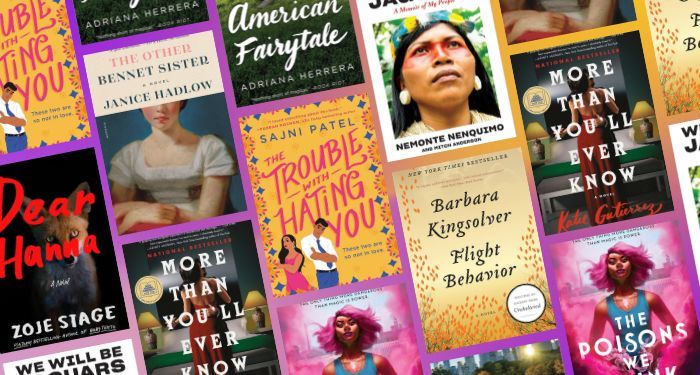When I first decided to write my novel, Their Divine Fires, I knew I wanted to draw on and honor the stories of my grandmother and mother. In the early 1900s, my grandmother’s uncles joined the Communist Party and fought to protect their country against warlords and Japanese soldiers. Decades later, my mother witnessed the Cultural Revolution and lived through the vast social and political changes that were brought about as a result. I grew up with these stories, stories of resistance and revolution that shaped how I understood who I was and my own place in history.
Much like the stories on this list, Their Divine Fires explores the ways that collisions in history and the choices of previous generations haunt the lives of the present. My novel follows the love affairs of three generations of women in one family, beginning in early 20th-century China and ending in modern-day America. Each generation must make difficult choices in order to survive the tumultuous times they live in.
The family sagas on this list are all in conversation with my own in some way. Oftentimes, they ask similar questions that I do in my novel: What are the ways that history haunts us? How can we reconcile and make peace with a past that goes beyond our own? How can we move forward while honoring and holding space for our ancestors? The following books answer these questions and more in complicated and heart-wrenching ways.
Dream of the Red Chamber by Cao Xueqin, translated by H. Bencraft Joly
One of China’s “Four Great Classical Novels,” Dream of the Red Chamber is probably considered the Chinese family saga. Written in the 18th century by the poet and scholar Cao Xueqin, the novel follows the rise and fall of the Jia family clan during complex social and political changes of the time. At the center of the novel are a pair of ill-fated star-crossed childhood lovers who are unwillingly pulled into a love triangle. Hailed for its unusually sensitive depiction of the lives of women for its time—an aspect which inspired my own novel—Dream of the Red Chamber considers the ways that love shapes and determines our lives. And did I mention there is a magical talking stone?
Red Sorghum by Mo Yan, translated by Howard Goldblatt
One of Mo Yan’s most acclaimed works, Red Sorghum follows three generations of the Yu family who make sorghum wine in China during the 20th century. The novel depicts the tumultuous changes China underwent during this time—from the Second Sino-Japanese War all the way to the Cultural Revolution. Bandits, resistance fighters, even a pack of feral dogs live passionately and brutally within the pages of this novel, and die in much the same way. Fields of red sorghum serve as a fitting backdrop, as well as a metaphor for the violence, patriotism, and love of ever-changing world in which these characters inhabit. Characterized by Mo Yan’s particular brand of magical realism and myth-making, the novel makes a clear statement about the ways that resistance and revolution reverberate into the present day.
Woman Warrior by Maxine Hong Kingston
Moving between memoir, myth, and oral history, Maxine Hong Kingston’s Woman Warrior is a genre-bending tale about the complicated lives of women in her family. The work explores Kingston’s own experiences as a first-generation Chinese American who must reckon with the weight of her family’s stories. Along the way, Kingston interweaves tales of extraordinary women in Chinese history—from the 2nd-century woman poet Cai Yan to the woman warrior Mulan. Published in 1976 to great commercial success, the text had a lasting impact on many Asian American writers who followed.
The Leavers by Lisa Ko
A finalist for the National Book Award, The Leavers by Lisa Ko charts the journey of Deming Guo as he searches for his mother, Polly, who vanished when he was a child. Haunted by her disappearance, Deming grows up to be a young adult with self-destructive tendencies, longing for a sense of belonging and connection. “He was forever waiting to get past the secret entrance,” Deming describes himself early on, “and when the ropes did part he could never fully believe he was in.” Traversing several decades and two continents, The Leavers seamlessly intertwines both stories of mother and son to explain the ways that we leave (and return) to one another.
Searching for Sylvie Lee by Jean Kwok
Another novel that centers on a familial disappearance, Searching for Sylvie Lee is a story about two related families—one in the US and one in the Netherlands—and their intertwined histories. When her older sister goes missing while visiting their extended family, Amy Lee must retrace her sister’s footsteps in order to find out what happened. Along the way, Amy uncovers dark family secrets from the past, secrets that upend her understanding of who she is and her loved ones. What happens in previous generations, Kwok suggests, can make or break the generations that follow and only by reconciling with the past can we find ways to move on.
Swimming Back to Trout River by Linda Rui Feng
Swimming Back to Trout River begins in 1981, when five-year-old Junie is left in the care of her grandparents in rural China while her parents go to America in search of a better life. Five years later, Junie receives a letter from her father, promising to reunite their family by her twelfth birthday. How will Junie decide where her loyalties lie—with her grandparents or her parents? How will her family finally reconcile with the passions and violence they experienced during the Cultural Revolution? Through all this, one question burns above all in Junie’s mind: “There’s a world out there trying to lay claim on you. What are you going to do about it?”
The Bonesetter’s Daughter by Amy Tan
The Bonesetter’s Daughter spans nearly a century in its depiction of three generations of women, and what they had to do in order to survive. When her mother, LuLing, is diagnosed with dementia, Ruth Young arranges to have her mother’s handwritten memoirs translated in order to better understand her mother’s past and how it shaped their relationship. In this novel, family stories that can no longer be spoken outright are passed down through the written word, evidence of the power that writing our own stories gives us.






